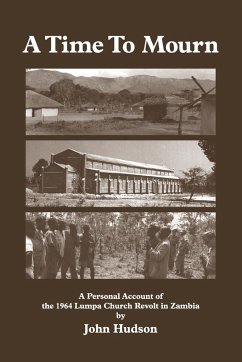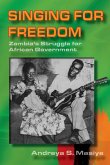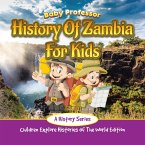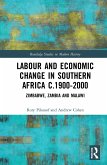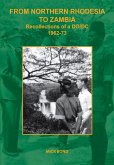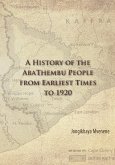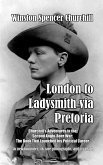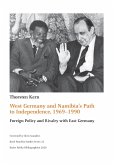While Northern Rhodesia was preparing for independence as the Republic of Zambia in 1964, impoverished villages in the remote north east of the country were divided by a bitter conflict fuelled by apparently irreconcilable political and religious convictions. This book describes the origin of the dispute and how it led to skirmishes, defiance of authority, massacre, torture and displacement: a previously unreported mutiny. It is as such an important contribution to Zambian history, with a significant proportion of the material being published for the first time. The author was a district commissioner at Isoka during the time of the massacre and was personally involved in the peace settlement. He argues that the situation need not have escalated had the authorities acted to prevent it; and that for different reasons, both the colonial government and its independent successor tried to distort the gravity of what occurred.
Hinweis: Dieser Artikel kann nur an eine deutsche Lieferadresse ausgeliefert werden.
Hinweis: Dieser Artikel kann nur an eine deutsche Lieferadresse ausgeliefert werden.

